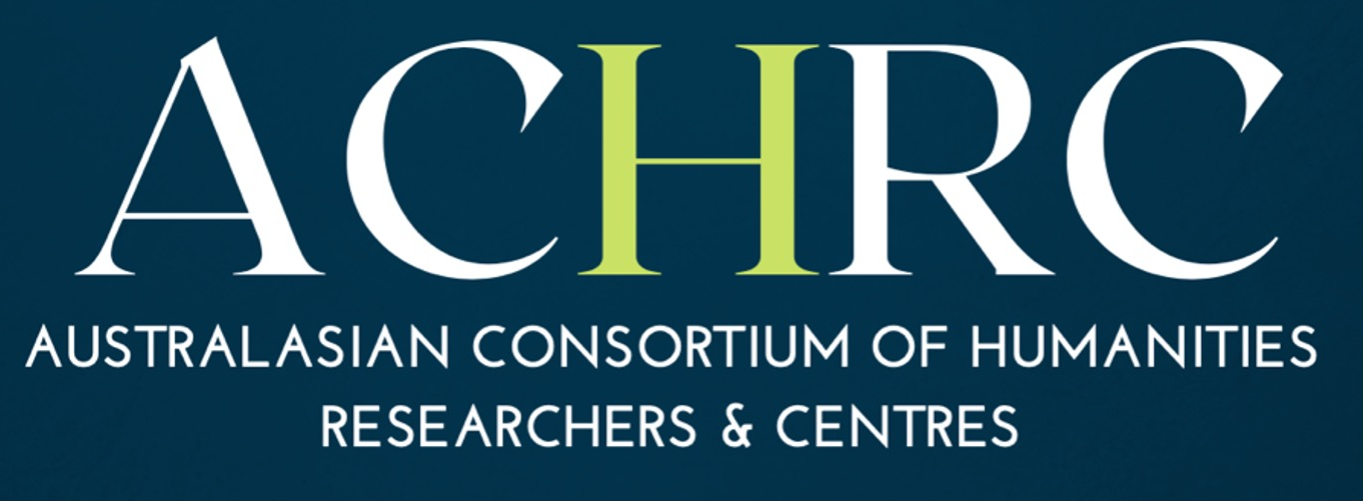Liz Tynan (James Cook University)
The “two cultures” idea is still powerful, 61 years after it was brought to life by the British novelist and physicist C P Snow. Some ideas come along at just the right time. The ideas may not in themselves be completely true, but they have enough explanatory power to lodge in the collective psyche, to illuminate something that might have been nagging away at people for a while. Such is the Two Cultures idea, C P Snow’s famous contribution to intellectual life. His landmark lecture at Cambridge in 1959 won him some enemies, including the famously acid literary humanist, F R Leavis. Why should pointing out a divide between the humanities and the sciences provoke bitter anger? I have found in my own career that the humanities and the sciences do often stand at odds with each other, and have seen first-hand some petty enmity between the two, often over funding. I have also enjoyed as much as anyone the theatrical revenge of the Sokal Hoax (which I will discuss). But oh, to work in both cultures is such a joy. Most of my career, which started in the humanities and branched into the sciences, has been spent traversing the divide, writing as I go, a science journalist and historical researcher. At times this work has been abidingly difficult, and at others deeply satisfying (or both at the same time). In this short reflection on my two cultures career, I will share what I have learned as I have crossed the divide.
Presenter Biography
Associate Professor Liz Tynan is co-ordinator of the professional development program at the JCU Graduate Research School, and teaches academic writing and communication skills to HDR candidates. She is a former journalism academic with a background in both print and electronic media, specialising in science writing and editing. She worked for the ABC as a reporter and subeditor, and was later Sydney correspondent for New Scientist. She is co-author of the Oxford University Press textbook Media and Journalism: New Approaches to Theory and Practice, now in its third edition. She is also co-author and co-ordinating editor of the 2013 OUP text, Communication for Business. Her PhD in science communication from the ANU examined aspects of the British nuclear tests in Australia in the 1950s and 1960s. Her book, Atomic Thunder: The Maralinga Story, won the Council for Humanities, Arts and Social Sciences Australia Prize for a Book in October 2017 and the Prime Minister’s Literary Award (Australian History) in December 2017. She is currently working on a follow-up book about British atomic tests in Australia.
